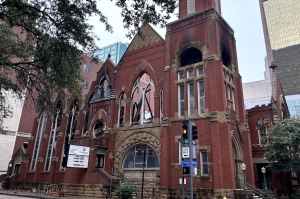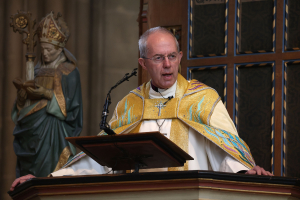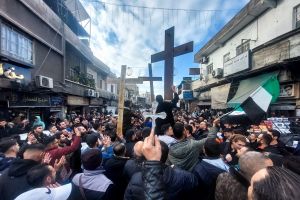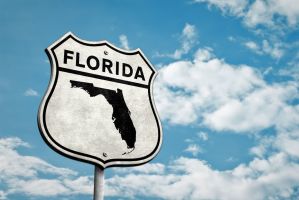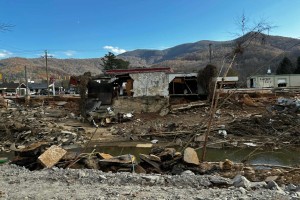Burkina Faso Dissolve Government After Protesters Angry at President's 27-Year-Rule Torch Parliament Buildings
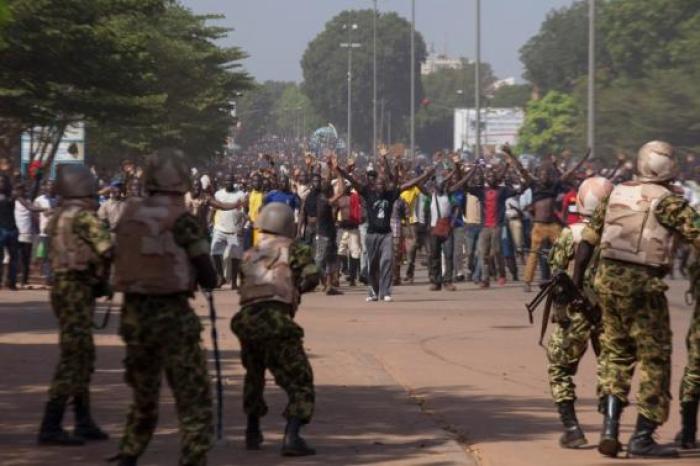
Burkina Faso declared a state of emergency on Thursday and dissolved its government after protesters angry at President Blaise Compaore's 27-year rule stormed parliament buildings and set them ablaze.
Army chief General Honore Traore revealed that a new transitional government would be put in place, which will be "in consultation with all parties."
"A return to the constitutional order is expected in no more than 12 months," Traore added.
BBC News reported that government officials in the capital of Ouagadougou are bracing for a second day of protests on Friday, with demonstrators demanding that Compaore resign immediately.
Compaore, who has faced the brunt of the anti-government protests, announced that he will not seek another term in office, but will hand over power after the interim government completes its 12-month cycle.
Reuters noted that thousands of protesters descended into the streets of Ouagadougou to demand the president's resignation, however, storming several parliament buildings, setting them on fire, and ransacking state television. So far at least three protesters are reported to have been killed.
Compaore appeared briefly on television and radio and confirmed that he was still in charge and would not step down.
"I am available to open discussions with all parties," he said in a recorded address.
Zephirin Diabre, the main opposition leader, said that he was against the state of emergency.
"We are calling on the people to show that they are against it," Diabre reportedly told local radio station. "The resignation of President Blaise Compaore is the only thing that can bring peace to the country."
The 63-year-old Compaore took power after his predecessor, President Thomas Sankara, was killed in 1987. He has since won every presidential election, and despite a new constitution introduced in 2000 limiting presidents to two five-year terms in office, he has stayed in his position and sought a parliament vote that would allow him to seek re-election yet again in 2015.
The U.S. State Department has welcomed the news that Compaore decided to withdraw the bill that would have allowed him to stand for re-election.
"We also welcome his decision to form a government of national unity to prepare for national elections and to transfer power to a democratically elected successor," spokesperson Jen Psaki said late on Thursday.
Mohamed Ibn Chambas, the U.N. special envoy for West Africa, is scheduled to fly out to Burkina Faso on Friday to try to ease the crisis.
BBC's West Africa correspondent Thomas Fessy noted that protesters have made it clear they want Compaore to step down now, and do not want to give him another year in power before the next presidential election.
"President Compaore appeared to want to calm things down but he spoke like a man who still wants to decide when he goes," Fessy said. "That could be the recipe for more unrest."
















